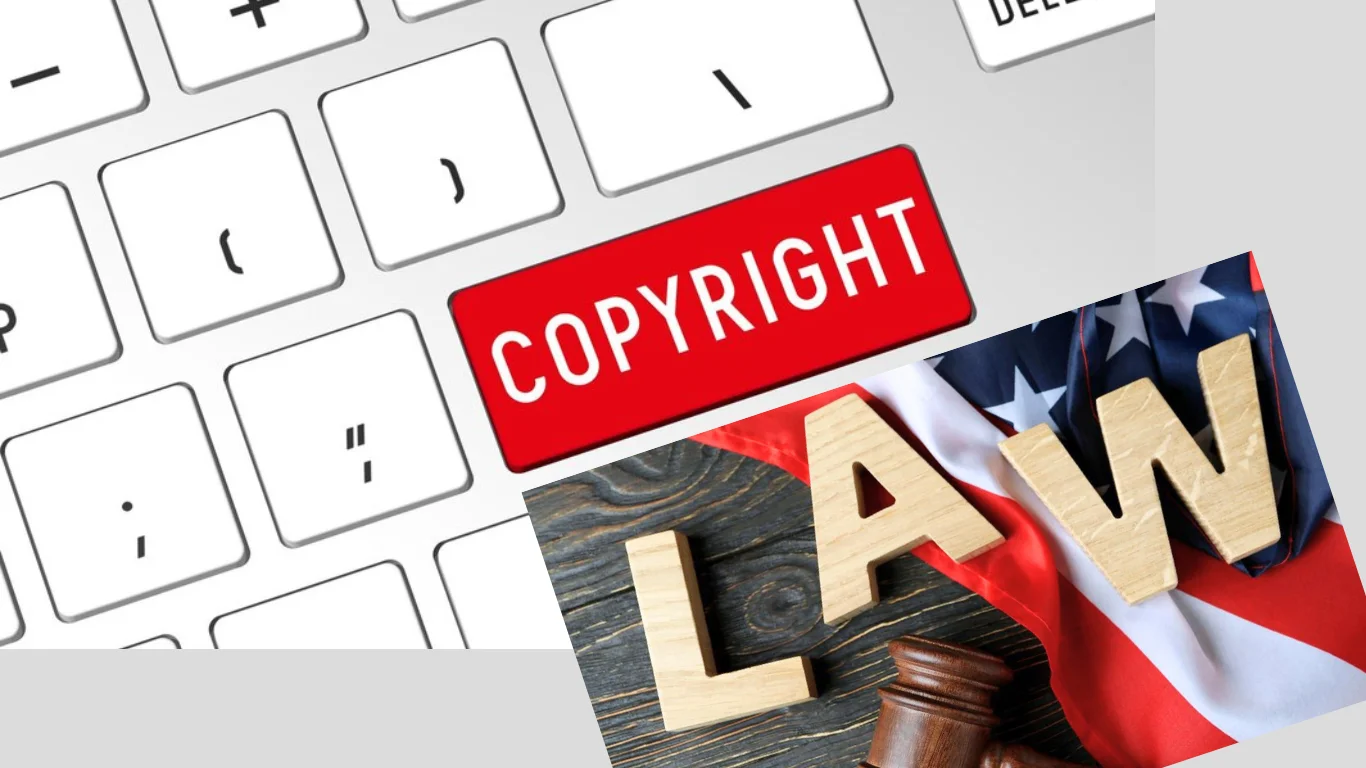Introduction
In today’s digital age, USA Copyright Laws play a pivotal role in safeguarding the intellectual property of creators. Understanding USA copyright laws is essential for content creators, businesses, and individuals alike. In this comprehensive guide, we will explore the intricacies of US copyright laws, providing you with valuable insights into how they work, their history, and their relevance in the modern world.
What is Copyright?
Copyright is a legal protection granted to the creators of original works, granting them exclusive rights to reproduce, distribute, and publicly display their creations. It ensures that creators receive recognition and compensation for their intellectual efforts, thereby encouraging creativity. Copyright is a legal protection granted to the creators of original works. It gives them exclusive rights to reproduce, distribute, and publicly display their creations. In simple terms, it ensures that creators are recognized and compensated for their intellectual efforts. Copyright is a crucial tool for fostering creativity and innovation by providing creators with the means to control and benefit from their work.
History of USA Copyright Laws
The roots of USA copyright laws can be traced back to the Constitution, which empowers Congress to promote the progress of science and useful arts by securing authors and inventors the exclusive right to their respective writings and discoveries.
The Basics of Copyright Protection
Understanding the Scope
Copyright covers a wide range of creative works, including literary, musical, and artistic creations. It extends to both published and unpublished works.
Duration of Copyright
The duration of copyright protection varies based on several factors, such as the nature of the work and the date of its creation. Generally, copyright lasts for the lifetime of the creator plus 70 years.
The Role of the United States Copyright Office
The United States Copyright Office administers copyright registrations and provides resources to creators and copyright owners.
Copyright Infringement: What You Need to Know
Fair Use Doctrine
Fair use allows limited use of copyrighted material without permission from the copyright owner, under certain conditions.
Digital Millennium Copyright Act (DMCA)
The DMCA addresses copyright infringement on the internet and provides a framework for takedown notices.
Copyright for Creators
Registering Your Work
While copyright protection is automatic upon creation, registering your work with the Copyright Office provides additional benefits and legal advantages.
Licensing and Royalties
Creators can license their works to others, allowing them to use the content for specific purposes while earning royalties.
Intellectual Property Policies
Businesses should establish clear intellectual property policies to protect their creations and prevent infringement.
Avoiding Infringement
Understanding USA copyright laws is crucial for businesses to avoid unintentional copyright infringement in their operations.
Digital Age Challenges
Internet and Copyright
The internet has introduced new challenges and opportunities for copyright protection.
Social Media and Copyright
Sharing content on social media platforms requires an understanding of USA Copyright Laws and fair use.
International Copyright Relations

The US is part of international agreements like the Berne Convention and the TRIPS Agreement, which harmonise copyright laws globally. The United States maintains significant international copyright relations through various agreements and treaties. These agreements are essential for protecting the intellectual property rights of creators and facilitating international cooperation in the realm of copyright. Two key agreements that the US is a party to are the Berne Convention and the TRIPS Agreement.
1. Berne Convention: The Berne Convention for the Protection of Literary and Artistic Works is one of the most important international copyright agreements. The US became a member of the Berne Convention in 1989. This treaty sets out the minimum standards for copyright protection among its member countries. Under the Berne Convention, copyright protection is automatic as soon as a work is created, and creators from member countries are granted the same protection as domestic creators in any other member country. This simplifies the process of protecting and enforcing copyrights across borders.
2. TRIPS Agreement: The Agreement on Trade-Related Aspects of Intellectual Property Rights (TRIPS) is part of the World Trade Organization (WTO) agreements. The US, being a member of the WTO, is bound by the TRIPS Agreement. TRIPS establishes international standards for the protection of intellectual property, including copyrights. It requires member countries to provide adequate and effective protection of intellectual property rights, including copyright, and to enforce these rights through their legal systems.
These international agreements help harmonise copyright laws globally, making it easier for creators to protect their works in foreign markets. They also promote the exchange of creative works and ideas across borders while ensuring that creators receive fair recognition and compensation for their intellectual contributions. US international copyright relations play a crucial role in the global protection of intellectual property rights.
Copyright in the Music Industry
Streaming and Licensing
Digital music streaming platforms have transformed the music industry, impacting copyright and revenue streams.
Sampling and Fair Use
Musicians navigate the complex world of sampling and fair use when creating new music.
Copyright in the Film and Entertainment Industry
Copyright Clearance for Films
Securing the rights to use copyrighted material is crucial in the film and entertainment industry.
Parody and Satire
Understanding the boundaries of parody and satire in copyright law is essential for content creators.
Copyright in the Publishing World
Self-Publishing and Copyright
Authors who self-publish must navigate copyright issues when distributing their works.
Public Domain
Works in the public domain are not protected by copyright and can be freely used by anyone.
Emerging Trends in Copyright
AI and Copyright
The rise of artificial intelligence introduces unique challenges and opportunities in copyright law.
3D Printing and Copyright
As 3D printing technology advances, copyright issues related to physical objects arise.
Enforcement of Copyright
Legal Remedies
Copyright owners have legal remedies available to protect their intellectual property.
Copyright Takedowns
Online platforms implement copyright takedowns to address copyright infringement swiftly.
Conclusion: The Ever-Evolving Landscape of Copyright
In a world driven by creativity and innovation, understanding US copyright laws is paramount. As technology continues to evolve, copyright will adapt to new challenges and opportunities, shaping the future of intellectual property protection.
Frequently Asked Questions (FAQs)
1. What happens if I use copyrighted material without permission?
– Unauthorised use of copyrighted material can lead to legal action, including fines and injunctions.
2. Is copyright protection automatic, or do I need to register my work?
– Copyright protection is automatic upon creation, but registration offers additional legal benefits.
3. How long does copyright protection last?
– Copyright protection typically lasts for the lifetime of the creator plus 70 years.
4. Can I use copyrighted material for educational purposes without permission?
– Educational use may fall under fair use, but it depends on the specific circumstances.
5. What should I do if someone infringes on my copyright?
– If someone infringes on your copyright, you can take legal action, such as sending a cease and desist letter or pursuing a lawsuit.
In conclusion, US copyright laws are a complex but vital aspect of intellectual property protection. Whether you’re a creator, a business, or an individual, understanding these laws is essential in today’s creative and digital landscape.

